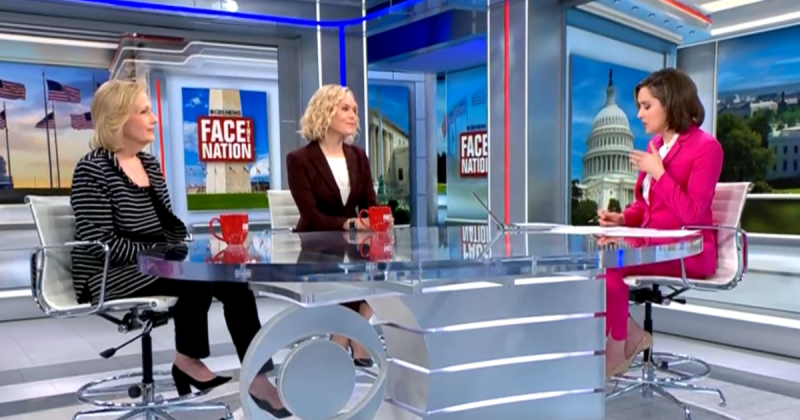
The recent targeting of PBS funding has sent shockwaves through the public broadcasting system, leaving its future uncertain. PBS CEO Paula Kerger expressed profound concern, stating that the organization has “never seen a circumstance like this.” The unprecedented nature of the attack highlights the vulnerability of public media institutions to political pressure and the potential consequences for viewers who rely on PBS for vital news and educational programming. This isn’t simply a matter of budget cuts; it represents a direct assault on the very principles of unbiased, accessible information for all citizens.
The specifics of the attack remain unclear, but the intensity of Kerger’s statement underscores the severity of the situation. The potential loss of funding could lead to program cancellations, staff reductions, and a diminished capacity to serve the public. This would disproportionately impact communities that depend on PBS for local news and educational resources, particularly those with limited access to other media outlets.
The situation underscores a broader concern about the erosion of trust in established institutions and the increasing politicization of essential public services. Public broadcasting, by its very nature, strives for impartiality and objectivity, providing a vital counterpoint to the often-partisan landscape of modern media. Attacks on its funding represent a direct challenge to these principles and raise questions about the long-term health of a free and informed citizenry. The future of PBS, and indeed the future of public media, hangs in the balance.
This situation demands a broader conversation about the importance of supporting public media and protecting it from political interference. The consequences of allowing such attacks to succeed would be far-reaching and detrimental to the public good. Now is the time for concerned citizens to voice their support and advocate for the continued funding of PBS and other essential public broadcasting organizations.










